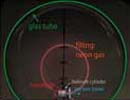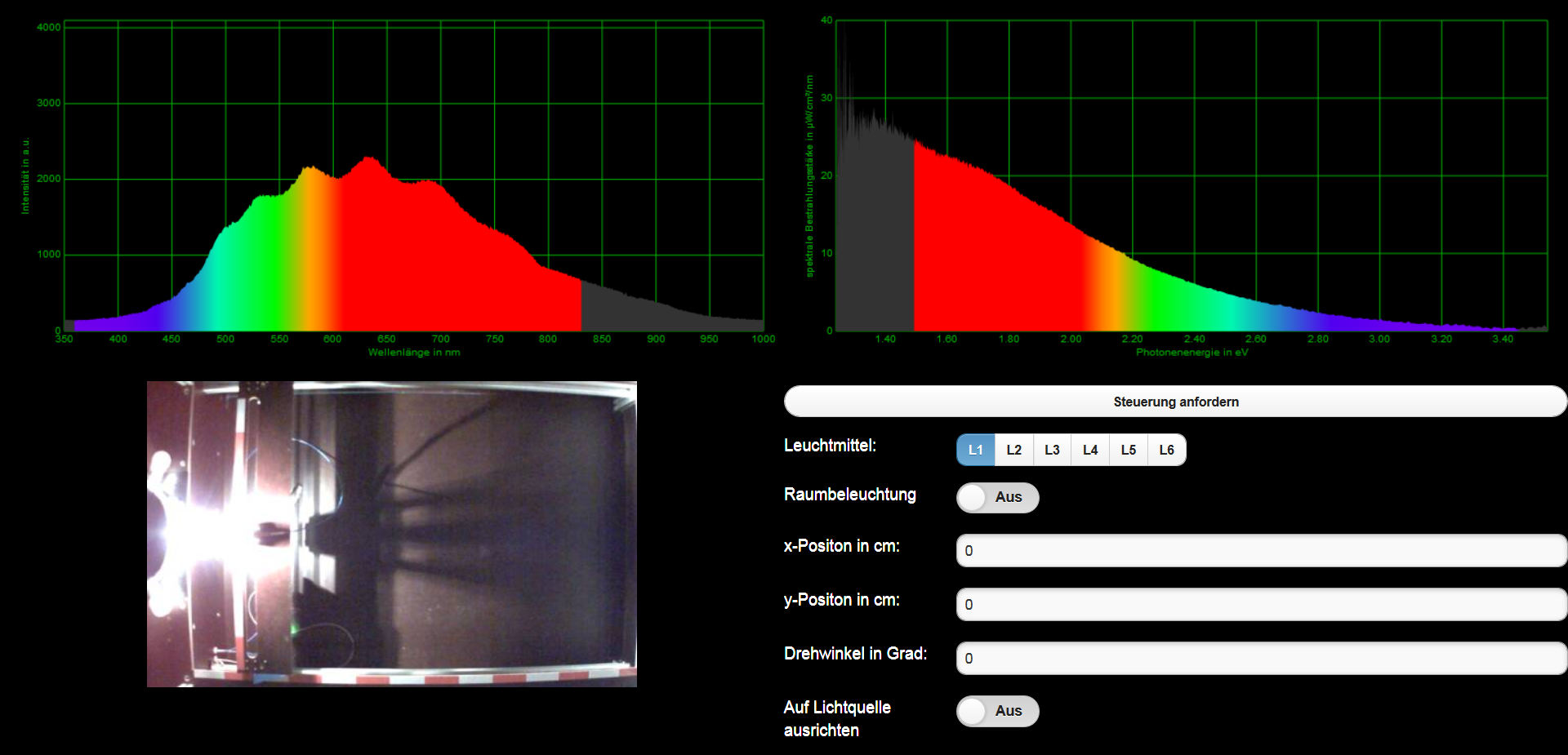Research
Chair of Physics Education
We have two areas of interest:
Development of new material for teaching and learning, including:
Modern sensors, new experiments in Physics Education - development of new material based on theoretical guidelines for teaching and learning
designing multimedia learning with simulations
visualizing learning contents - designing according to theoretical guidelines
development of remote labs and learning environments.
Research on teaching and learning, including:
Analyzing how the design of a multimedia environment can effect Physics learning
empirical studies about the effects of illustrations and visualizations and on learning, knowledge application, and knowledge transfer
empirical investigation of learning scenarios that combine working with experiments in Physics and multimedia illustrations
studies about perception of visual information, also using eye tracker analysis.



